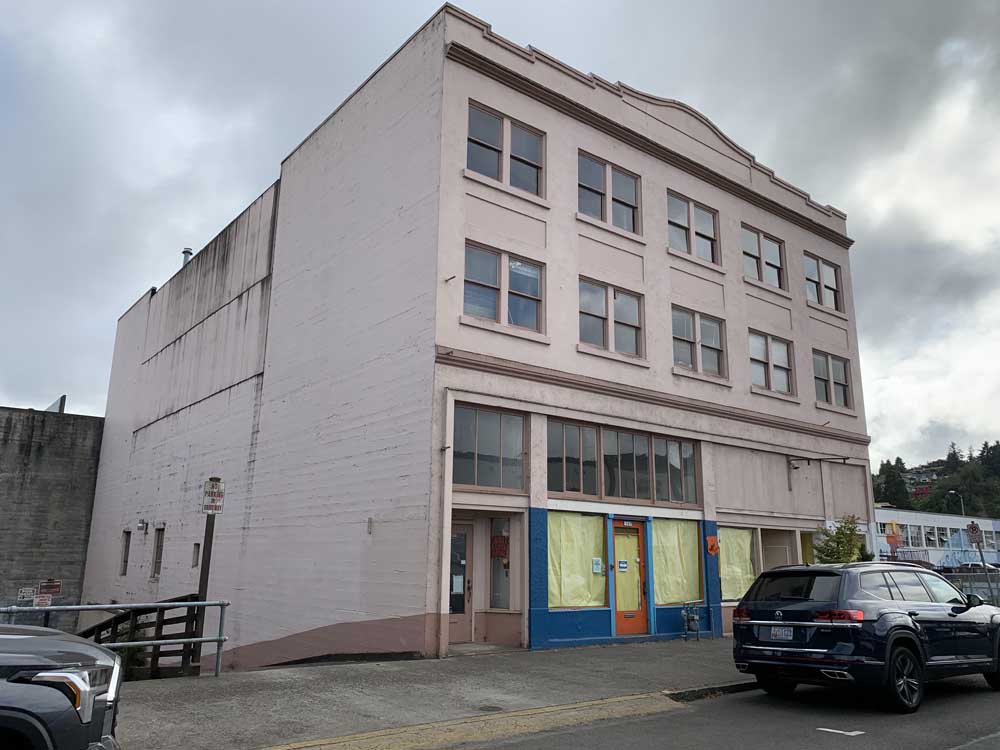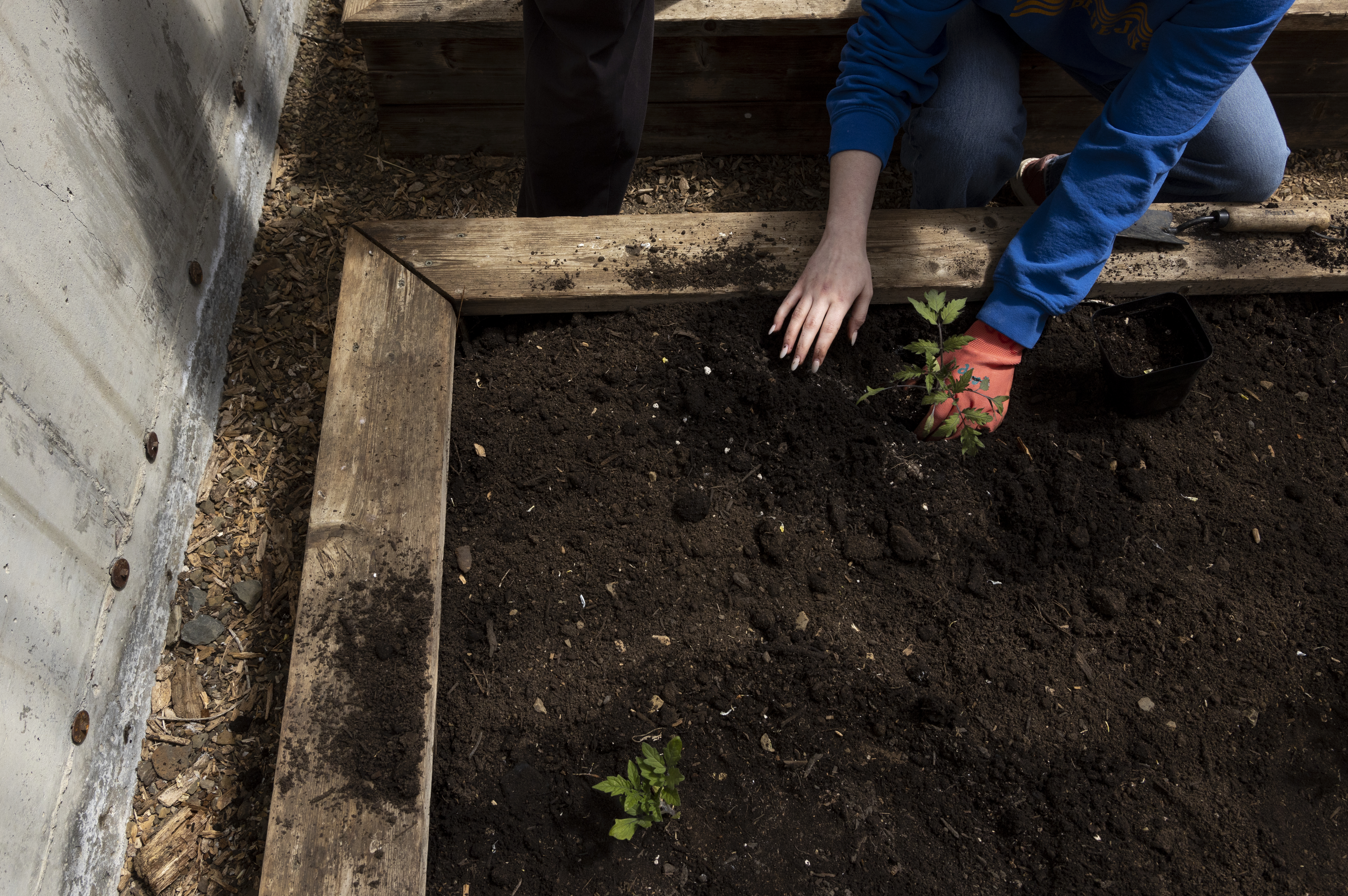Ag-Bag posts big loss, promises no layoffs
Published 5:00 pm Thursday, April 8, 2004
Warrenton managers diversify as low milk prices hurt businessWARRENTON – Slumping sales have led to losses for Ag-Bag International, but officials of the Warrenton-based company say their current troubles are just a “speed bump.”
The company posted a loss of almost $2 million in 2003, according to an annual financial statement filed with the Securities and Exchange Commission last week. That shortfall followed smaller losses in 2001 and 2002.
Ag-Bag blames the losses on the lingering slump in wholesale milk prices that has plagued the nation’s dairy farmers, the biggest customers for the company’s innovative feed-storage system. Sales of the equipment and related supplies dropped 20 percent last year, but officials are expecting a turnaround not only with a projected rebound in milk prices, but also a potentially lucrative market for a new composting system developed by the company.
The company employs about 25 people at its Warrenton plant, located at the Astoria Regional Airport, part of a full-time workforce of about 85. No layoffs are planned as a result of the recent downturn, the company said.
“We feel 2003 was a speed bump,” said president and CEO Larry Inman.
Ag-Bag’s machines pack livestock feed into long plastic bags up to 14 feet in diameter and 500 feet long. According to the company, the airtight plastic keeps nutrient levels high and prevents wastage found in other feed storage methods.
Inman said 90 percent of the company’s business for the machinery and bags is with dairy farmers, who have struggled with depressed wholesale milk prices that hit historic lows of about $9 per hundredweight (100 pounds) last year. But prices are on the increase and are projected to hit $16 per hundredweight this summer and possibly climb even higher, and that means more money in the hands of dairy farmers, who, the company hopes, will be ready to invest in new equipment.
“Only 20 to 22 percent of dairies are bagging, so that leaves a large potential market,” Inman said. The company also markets its systems overseas.
There are other bag-system makers, but Ag-Bag controls about half the market. “We’re the Cadillac of the industry,” Inman said.
Larger-sized feed-storage machines and composting systems are assembled at the Warrenton facility, which opened in 1991. Smaller machines are built and storage bags packaged at another plant in Nebraska.
Jim Krahn, program manager for the Oregon Dairy Farmers Association, said milk prices were not only at the lowest level in 20 years, but the slump lasted an especially long time, and it may be awhile before dairy producers are ready to make major purchases like new Ag-Bag systems or other machinery.
“Sixteen dollars is an excellent price for milk, but the problem is, the farmers have two years of bad prices to make up for,” he said. “That has a major impact on companies like Ag-Bag.”
Ag-Bag is a well-respected company and its machines are used by many dairy operations, Krahn said. “It’s an excellent piece of technology.”
The company’s compost system is a relatively new product under development for the past several years that is “starting to bloom,” Inman said. Using the same type of technology as the feed-storage system, it stuffs organic waste such as leaves, clippings and food into long plastic bags. After three or four months, the material breaks down into a nutrient-rich mulch.
“This has just started to take off in the last six to eight months,” Inman said.
The city of San Francisco is using Ag-Bag machines for its ambitious recycling program, which brings food waste from several Bay-area communities to a central processing site where it’s packed into the company’s trademark long green bags. The resulting compost is sold to farms, golf courses, athletic fields and other users.
In Oregon, Safeway Corp. is using the system at a recycling site near North Plains west of Portland that collects food waste from 26 stores, including Astoria’s.
Locally, the material recovery yard at Dean Larson’s Custom Excavating just down the road from Ag-Bag has one of the dark-green compost bags full of leafy debris from Warrenton. It is scheduled to be opened and the compost made available to the public within a month or so.
The systems are marketed as an alternative to traditional composting methods that often produce strong odors that have made them unwelcome by surrounding neighbors.





